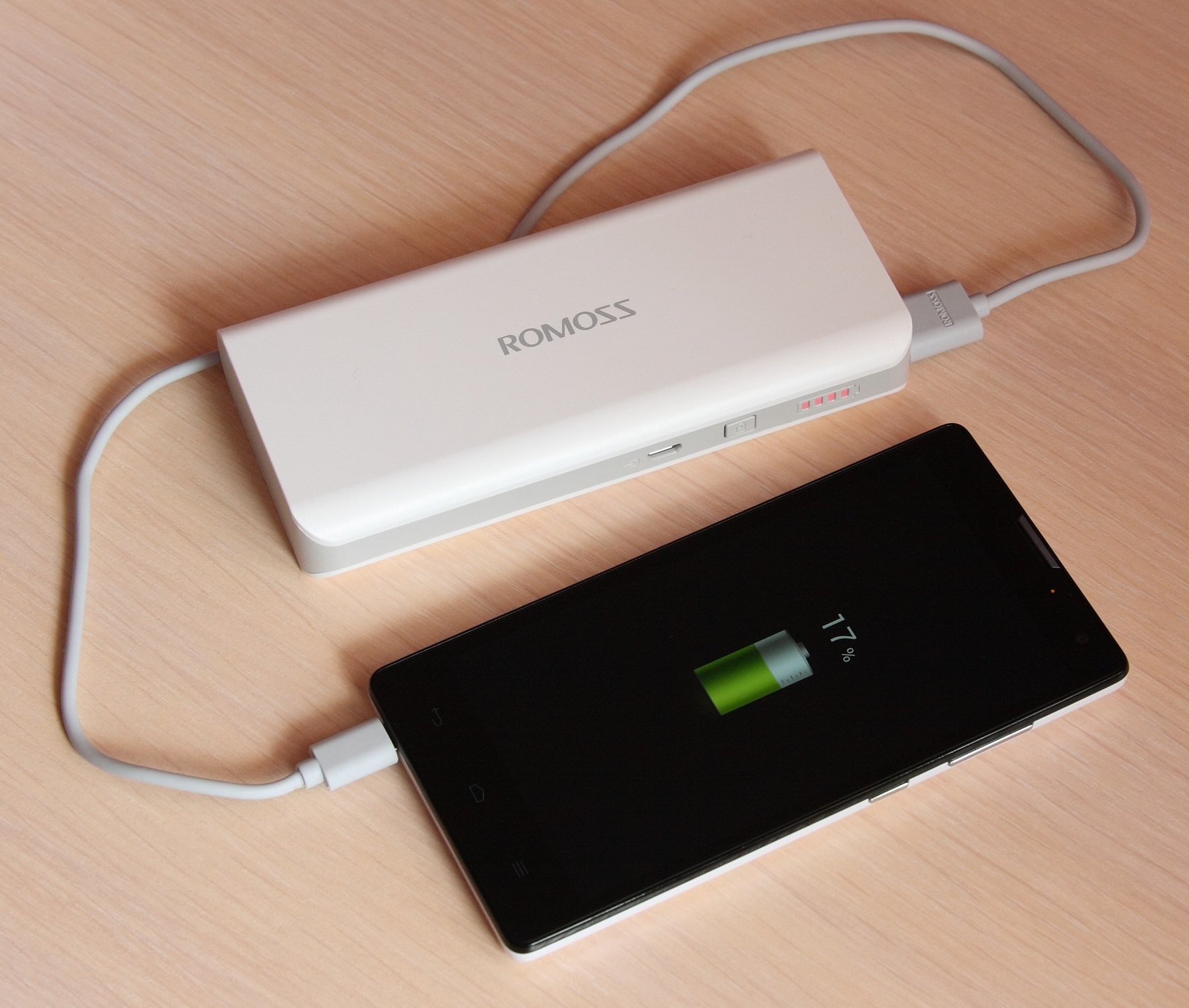Sarah and Mike Donovan’s French adventure began like many American relocation stories—with a desire for change, a pandemic-influenced perspective shift, and dreams of a European lifestyle. The Colorado couple, both remote workers, decided to leave Denver in 2023 for what they hoped would be a more fulfilling life abroad, and to review some French cuisine.
Several months later, they found themselves navigating challenges they hadn’t fully anticipated.
“We arrived with spreadsheets and dreams,” Sarah told CNN Travel in an interview published last month. “Now we’ve learned that preparation is just the beginning of the adaptation process.”
The Donovans aren’t alone in their transatlantic learning curve. Each year, thousands of Americans trade familiar surroundings for the promise of European living, only to encounter obstacles that tourist experiences rarely reveal.
Language barriers consistently top the list of expatriate challenges. While tourist areas accommodate English speakers, meaningful integration into French society requires language proficiency. Daily necessities—setting up utilities, understanding medical instructions, or building friendships—become significantly more difficult without French language skills.
French administrative procedures present another substantial hurdle. Visa applications and residence permits require extensive documentation including properly certified birth certificates, proof of financial resources, comprehensive health insurance, and considerable patience for processing times that often extend beyond initial expectations.
Cost considerations surprise many expatriates as well. While France offers a highly-regarded healthcare system, housing in desirable locations can be expensive, particularly in Paris and other major cities. The Donovans discovered that thoroughly researching regional cost differences would have better informed their relocation budget.
“Understanding the financial implications beyond the obvious expenses was our biggest learning curve,” Mike explained. “There are hidden costs to international living that aren’t immediately apparent during vacation visits.”
Cultural integration presents perhaps the most nuanced challenge. French social norms operate according to cultural codes that differ substantially from American practices. Business meetings emphasize relationship-building. Social circles often form over long periods. Communication styles that work well in America may be perceived differently in France.
Cultural adaptation requires time and flexibility. The expatriates who struggle most are those with rigid expectations about maintaining their exact American lifestyle in a French setting.
Despite these obstacles, many expatriates successfully build fulfilling lives in France. Those who thrive typically share common approaches: extensive pre-move research, language commitment, connection with expatriate networks, and perhaps most importantly, openness to cultural adaptation.
For the Donovans, the French experience hasn’t ended, but it has evolved. After considering a return to Colorado, they’ve instead relocated from their initial rural setting to Lyon, where better transportation infrastructure and a diverse community supports their ongoing transition.
“We still believe in the value of this adventure,” Sarah reflects, “but now we understand it’s not about escaping challenges—it’s about embracing a different way of life, complications included.”


















